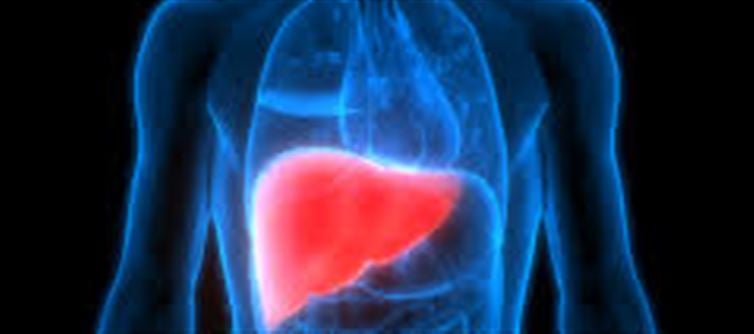
The liver is the body’s primary detox organ, filtering toxins, aiding digestion, and supporting metabolism. When it becomes overworked, symptoms may appear subtly. Here are 6 signs your liver might need a detox:
1. Persistent Fatigue and Low Energy
- Why it happens: An overloaded liver struggles to metabolize nutrients and clear toxins, leading to fatigue.
- Tip: Boost liver function with hydration, leafy greens, and regular exercise.
2. Digestive Issues
- Signs: Bloating, constipation, diarrhea, or indigestion.
- Why it happens: Toxin buildup disrupts bile production, affecting digestion and nutrient absorption.
- Tip: Include fiber-rich foods, turmeric, and ginger to support liver health.
3. Yellowing Skin or Eyes (Jaundice)
- Why it happens: When the liver cannot process bilirubin effectively, skin and eyes may appear yellowish.
- Tip: Seek medical evaluation immediately if jaundice occurs. Early dietary detox support can aid recovery.
4. Unexplained Weight Gain or Water Retention
- Why it happens: The liver regulates fat metabolism and fluid balance. Dysfunction can lead to bloating, abdominal weight gain, and swelling.
- Tip: Support liver with balanced diet, adequate hydration, and avoidance of processed foods.
5. Skin Problems
- Signs: Acne, rashes, or itchiness without a clear cause.
- Why it happens: Toxins that the liver cannot filter may be expelled through the skin, leading to outbreaks or irritation.
- Tip: Include antioxidant-rich foods like berries, beets, and leafy greens to reduce toxin load.
6. Frequent sugar or Alcohol Cravings
- Why it happens: A sluggish liver can affect blood sugar regulation, increasing cravings for sweets and alcohol.
- Tip: Support the liver by limiting processed sugar and alcohol, and incorporating liver-friendly herbs like milk thistle and dandelion.
Bottom Line
An overworked liver can impact energy, digestion, skin, and weight. Early recognition of these signs allows you to detox naturally through hydration, nutrient-dense foods, and liver-supportive herbs, while preventing serious liver conditions.
Disclaimer:
The views and opinions expressed in this article are those of the author and do not necessarily reflect the official policy or position of any agency, organization, employer, or company. All information provided is for general informational purposes only. While every effort has been made to ensure accuracy, we make no representations or warranties of any kind, express or implied, about the completeness, reliability, or suitability of the information contained herein. Readers are advised to verify facts and seek professional advice where necessary. Any reliance placed on such information is strictly at the reader’s own risk..jpg)




 click and follow Indiaherald WhatsApp channel
click and follow Indiaherald WhatsApp channel